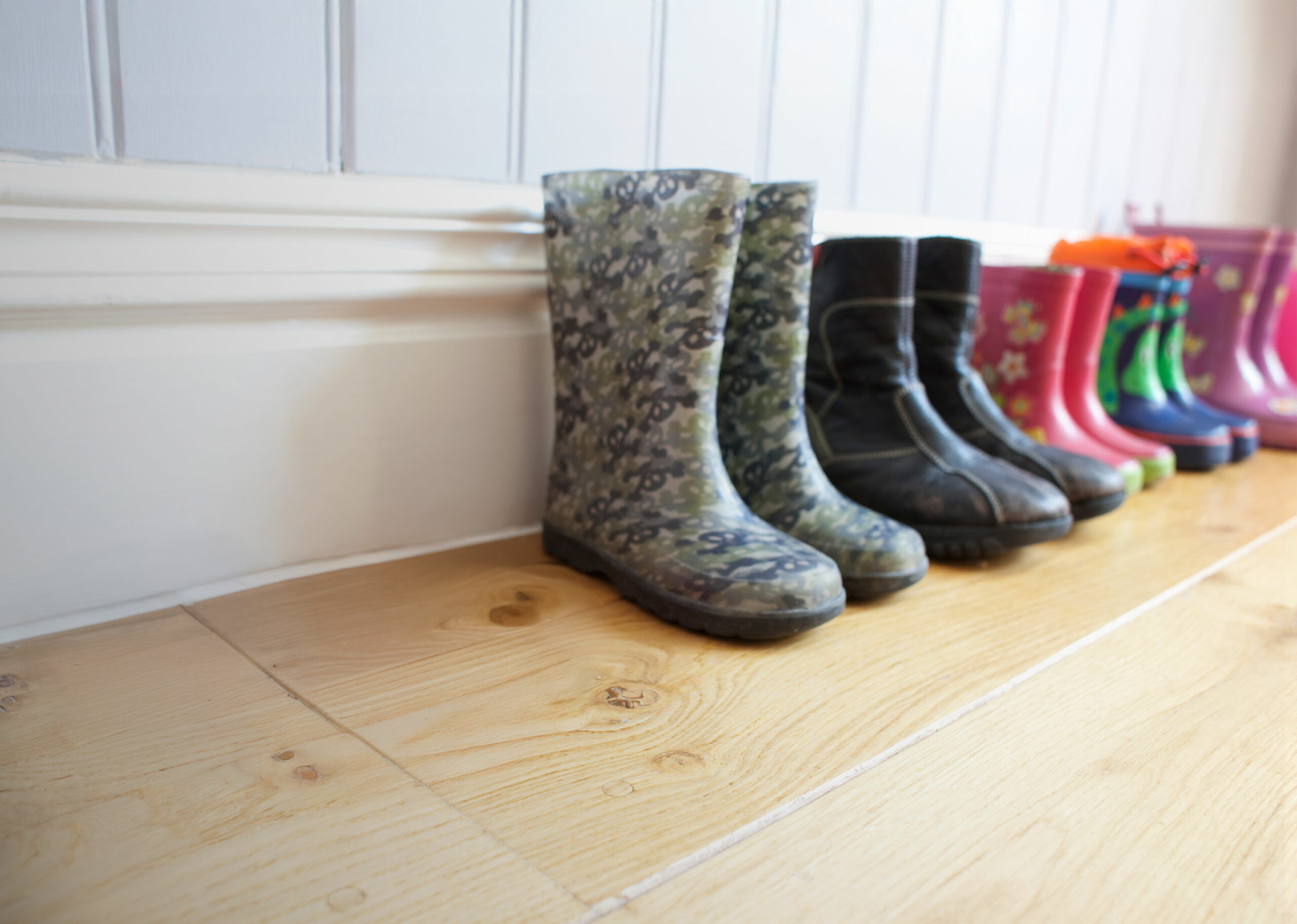Domestic abuse can consist of, but is not limited to, physical violence, emotional and psychological harm, financial abuse and coercive control.
Not all victims realise they are being subject to domestic abuse. Domestic abuse is a crime and the police regularly deal with these circumstances. If you are unable to talk on the phone to the police, dial 999 and then press 55. This will transfer your call to the relevant police force who will assist you without you having to speak.
The Home Secretary has clarified that domestic abuse victims are permitted to leave home to escape their partners or ask for help during the coronavirus lockdown. There are many charities that can provide support and refuge to victims, contact details for which can be found overleaf.
If you are suffering from violence, threats or intimidation, it is possible to apply in the family courts for an injunction to help protect you. The two types of injunction are non-molestation orders and occupation orders.
Non-molestation orders
What is a non-molestation order?
A non-molestation order prohibits a partner or spouse from using or threatening violence against the other or their children, or intimidating, harassing or pestering the person.
Who can apply for a non-molestation order?
To apply for a non-molestation order you must be an ‘associated person’. These include former and current spouses, civil partners and cohabitants, as well as fiancé(e)s, relatives, people living in the same household, the parents of children in the house and those who have been in intimate personal relationships of significant duration.
What is the procedure?
The person applying to the court for the injunction must complete a form and a witness statement setting out in detail what has taken place. The other person does not necessarily have to be told about the application. If they are told, then a court will fix a hearing date to decide what should happen. If they are not told, then then will not be asked to attend the first hearing, the court may make an order at that hearing to regulate what should happen in the interim, and the other person will be given notice of the next hearing instead, which could determine the position in the longer term.
What will a court consider?
In deciding whether to make an order, the court considers the health (mental and physical), safety and well-being of the applicant or any relevant child. Molestation is not only defined as violent behaviour, it may be other forms of behaviour.
What is the effect of a non-molestation order?
Any non-molestation order the court makes will contain a list of things that the respondent is prohibited from doing. The order can last either for a specified period of time or indefinitely. Breach of a non-molestation order is a criminal offence and the police can arrest someone who is disobeying an order.
Occupation orders
What is an occupation order?
An occupation order can regulate which family members or those in a domestic relationship, can occupy the family home (or certain parts of it). It does not affect each person’s financial interest in the property.
In the current circumstances surrounding Covid-19, may affect the likelihood of obtaining an occupation order. The courts view restricting a co-owner’s proprietary rights as a draconian remedy which should be used as a last resort.
Who can apply for an occupation order?
Former or current spouses, civil partners, cohabitants, or people legally entitled to occupy the property (for example a tenant).
What is the procedure?
The applicant must complete a court form and provide a witness statement setting out in detail the reasons why they are seeking the order. Usually, the papers will be sent to the respondent, who has a chance to reply by preparing his or her own witness statement. The court will list a date and time for a hearing to decide what should happen.
What will a court consider?
The court applies different tests depending on the relationship status of the people involved and whether the applicant has any legal right to occupy the home. These tests include the ‘balance of harm’ test, which balances whether any person or child is likely to suffer significant harm if an order is or is not made.
What is the effect of an occupation order?
The order that the court makes will say who can live in the home and who is excluded from it for a certain length of time, but may be renewable. It can also impose obligations relating to the repair and maintenance of the home, or to payment of the rent or mortgage. Breach of an occupation order is not a criminal offence, but a power of arrest can be attached to the order, allowing the police to arrest the person in breach.
The Birketts Family Team offers free 15 minute free legal advice sessions over the telephone. These are confidential and there is no obligation to continue with our services after the call. If you need any assistance please contact Molly Barker in the first instance.
Other legal protections for domestic abuse
There are other legal measures to assist victims of domestic abuse. These include Domestic Violence Protection Notices and Orders (which can offer immediate protection to victims),
Initial points of contact
- The following numbers can be dialled for advice and support on domestic abuse:
- National DA Helpline 0808 2000 247 (24 hours, 7 days a week)
- Lighthouse DA Safety Planning 07516 124536 (Monday-Friday 9:00am-4:00pm)
- National Centre for Domestic Violence 0800 970 2070
- National LGBT+ Domestic Abuse Helpline 0800 999 5428
- Samaritans 116 123 (24 hours, 7 days a week)
- The Men’s Advice Line, for male domestic abuse survivors 0808 801 0327
- Women’s Aid Live Chat and email services
- Respect Helpline 0808 802 4040
- Leeway Domestic Violence & Abuse Services (Norfolk based) 0300 561 0077
- Lighthouse DA Helpline (Suffolk based) 01473 228270 (Monday-Friday 9:00am-4:00pm)
The team is very customer-focused, dedicated and knowledgeable.
Chambers [UK 2023]













